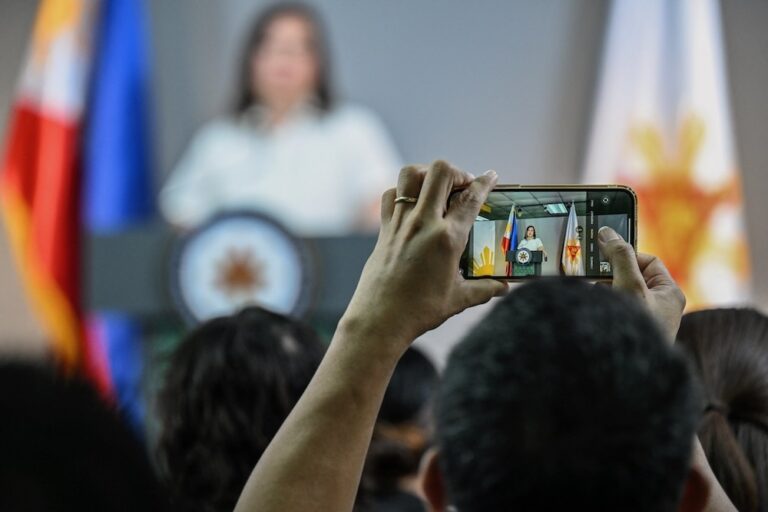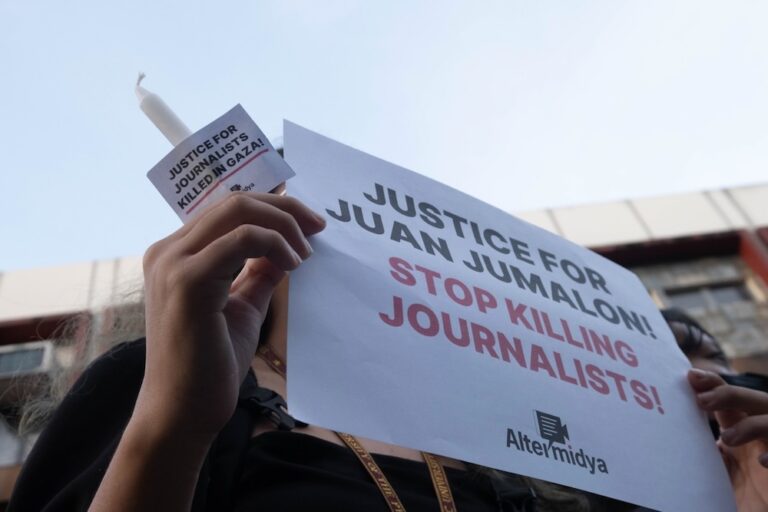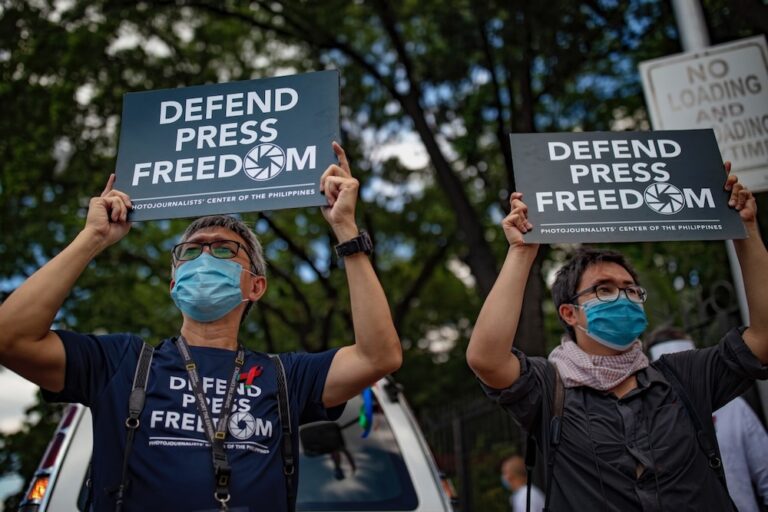Members of the Ampatuan family and accomplices were sentenced up to 40 years in prison for the killing of 58 individuals, 32 of whom were journalists, in 2009.
This statement was originally published on cmfr-phil.org on 19 December 2019.
A JUST verdict after the long trial of the accused in the Ampatuan Massacre is a welcome outcome, but it hardly signals the end of the pattern of impunity which weighs down the course of justice in the country. The tragedy on November 23, 2009 took away the lives of 58 individuals revealing the weaknesses of several political institutions: the judicial system, a free and independent press, and the conduct of free and fair elections.
The massacre stands out in the country’s already long history of electoral violence. It is also ranked as the “deadliest strike against the press in the world.”
Promulgated December 19, 2019, the decision of Judge Jocelyn Solis-Reyes convicting most of the principals as well as their accomplices and accessories is a significant first step in the right direction. It can help discourage those who would silence journalists from doing what some members of the Ampatuan family and their cohorts had done.
But this one decision cannot eliminate in one stroke the other factors that have made impunity possible and practically inevitable. These include the weaknesses of the justice system particularly at the local level where communities are rendered more powerless by abusive politicians who collude with local officials, police and military under their command.
Ending impunity demands the dismantling of the structures of control imposed by ruling clans and political dynasties. Operating as virtual warlords, these political leaders have at their service the government’s public security forces as its private army. Reforms for the long term include the strengthening of the justice system so it can be a separate and independent third branch of government, enabling justice officials to effectively prosecute wrongdoers.
For their own protection, the press community must work together to put its own house in order so journalists can provide news in the interest of the public; and providing relevant and meaningful information that will help citizens participate in public life. Journalism must win back its credibility and prove its usefulness to the people. Only then can a press be ensured of the kind of public support that will help prevent threats and attacks against journalists and press freedom.
It is an impressive decision that called for singular dedication and courage on the part of Judge Jocelyn Solis-Reyes. But this is only the first step.
There is more work to be done. Filipinos need to closely watch future developments as those convicted will appeal her verdict in a higher court, and quite possibly, all the way to the Supreme Court. Only the decision of the High Court will confirm its finality.
Countering impunity of the wealthy and the powerful must engage all our communities; as crime must be punished and the guilty obliged to make reparation. This aspect must be a hallmark of public life, the dispensation of justice regardless of the stature of the person accused.
This will come to pass only when it is valued, then, willed by the Filipino people.



